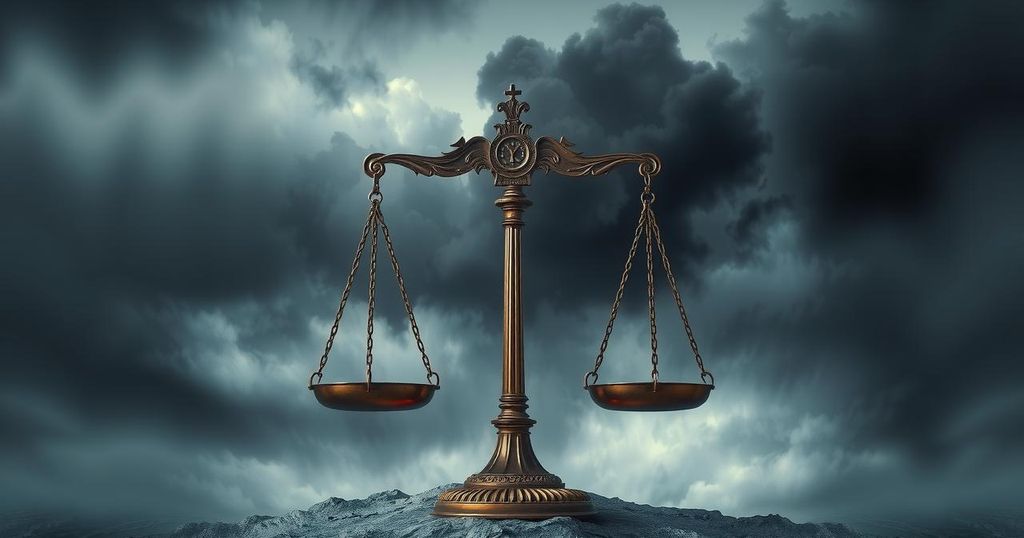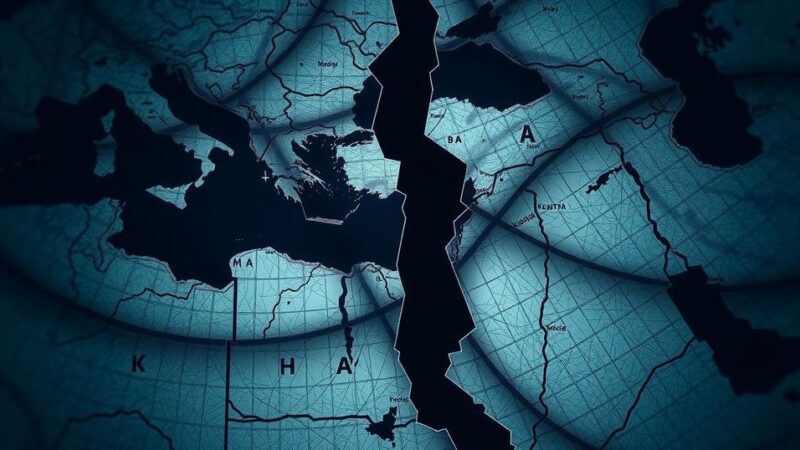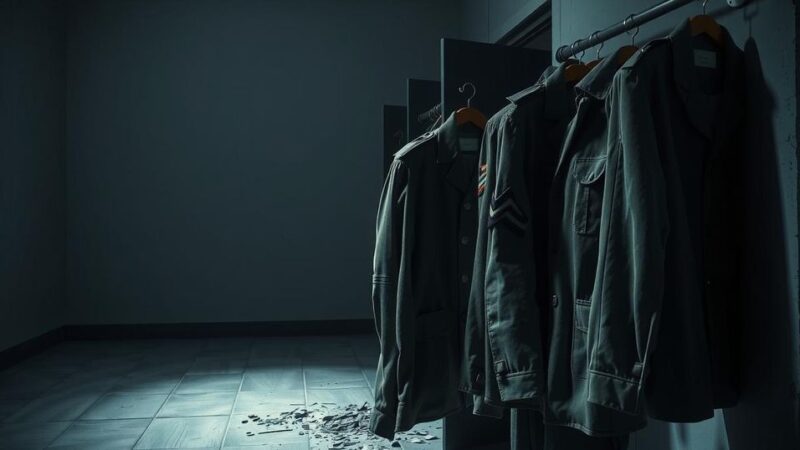The Guinean junta’s pardon of former dictator Moussa Dadis Camara has sparked outrage among human rights organizations, who deem it a severe violation of justice. Camara was serving a 20-year sentence related to the 2009 massacre but has since been moved to a luxurious villa after receiving a health-based pardon. Critics stress that this decision undermines accountability and justice for victims.
The recent decision by the Guinean junta to pardon former dictator Moussa Dadis Camara has provoked widespread condemnation from human rights organizations. These groups have labeled the move as an “affront to justice.” Camara, who was serving a 20-year sentence for crimes against humanity linked to the 2009 Conakry massacre, was granted a pardon ostensibly on health grounds. Reports indicate he has since been relocated from prison to a luxurious villa in the capital city.
The conviction of Camara stemmed from his involvement in the violent suppression of an opposition rally on September 28, 2009, resulting in the deaths of at least 156 individuals, according to a UN-backed inquiry. Victims suffered severe violence, with reports of hundreds injured and 109 women raped during the incident. Despite outcries for accountability, merely 57 bodies have been recovered, and many advocates contend the actual death toll is likely much higher.
Organizations such as the International Federation for Human Rights (FIDH), along with the Association of Victims, Relatives and Friends of September 28 (AVIPA) and the Guinean Organisation for the Defence of Human and Citizen Rights (OGDH), have expressed their disgust over the pardon. FIDH Secretary General Drissa Traore remarked, “This decision sends a disastrous signal, showing contempt for justice, accountability, and the fight against impunity.”
In a joint statement, these organizations indicated that the pardon constitutes a breach of Guinea’s commitments to various national, regional, and international judicial systems. While Camara had previously appealed his conviction, junta leader General Mamadi Doumbouya announced that the state would compensate massacre victims. However, many critics assert that the justice system is severely compromised by this recent release of Camara.
The pardon of Moussa Dadis Camara has drawn strong criticism from multiple human rights organizations, which view it as a serious setback for justice in Guinea. Concerns about accountability following the tragic events of 2009 continue to resonate, especially as the pardon is perceived to undermine the legal commitments made by the nation. Calls for justice and reparations for victims remain paramount amid such developments.
Original Source: newscentral.africa






